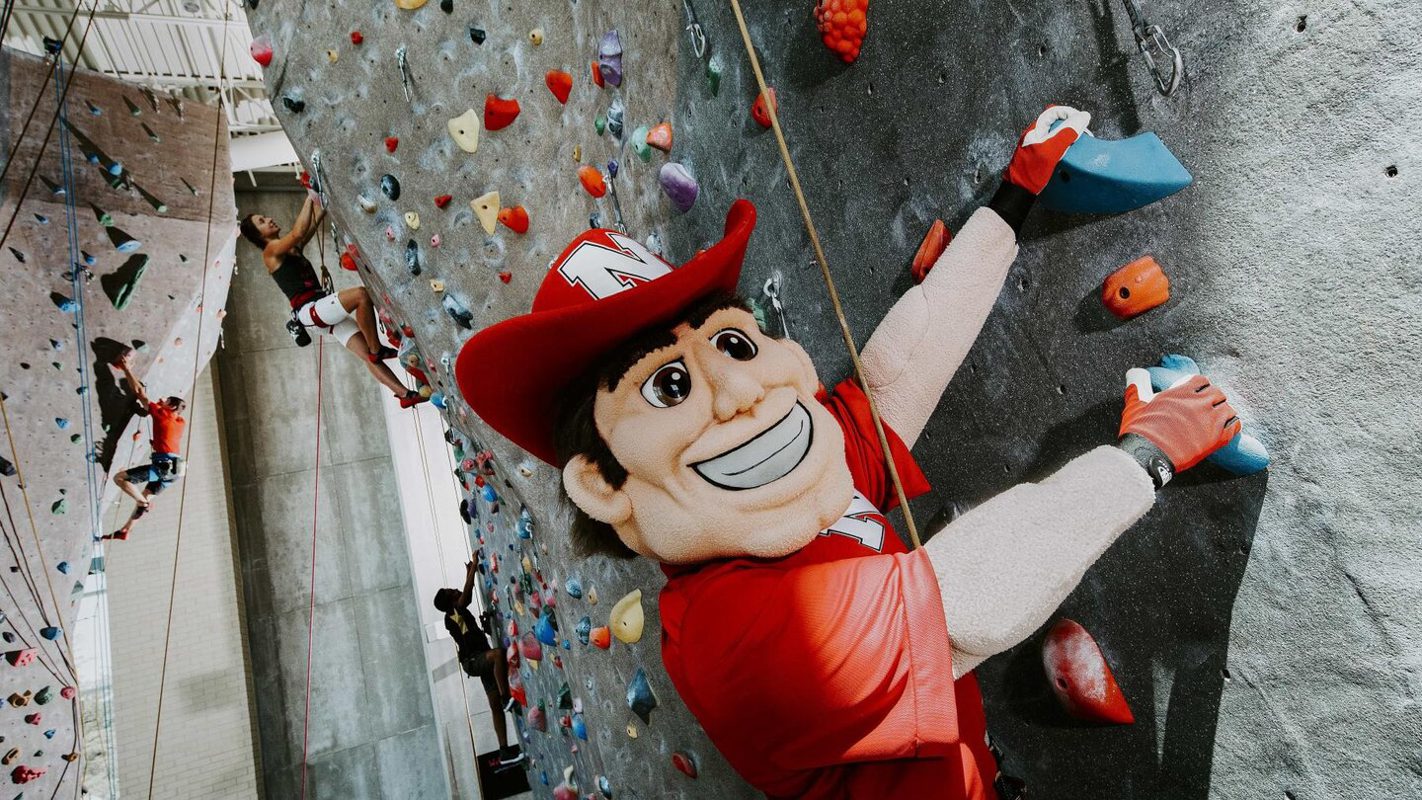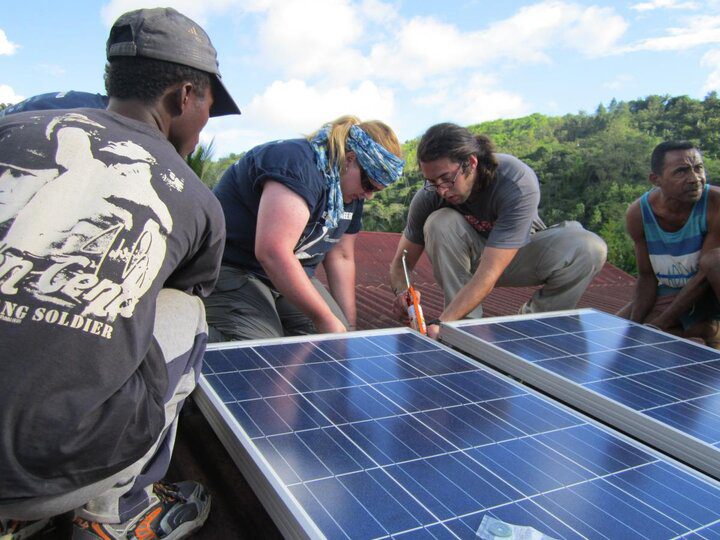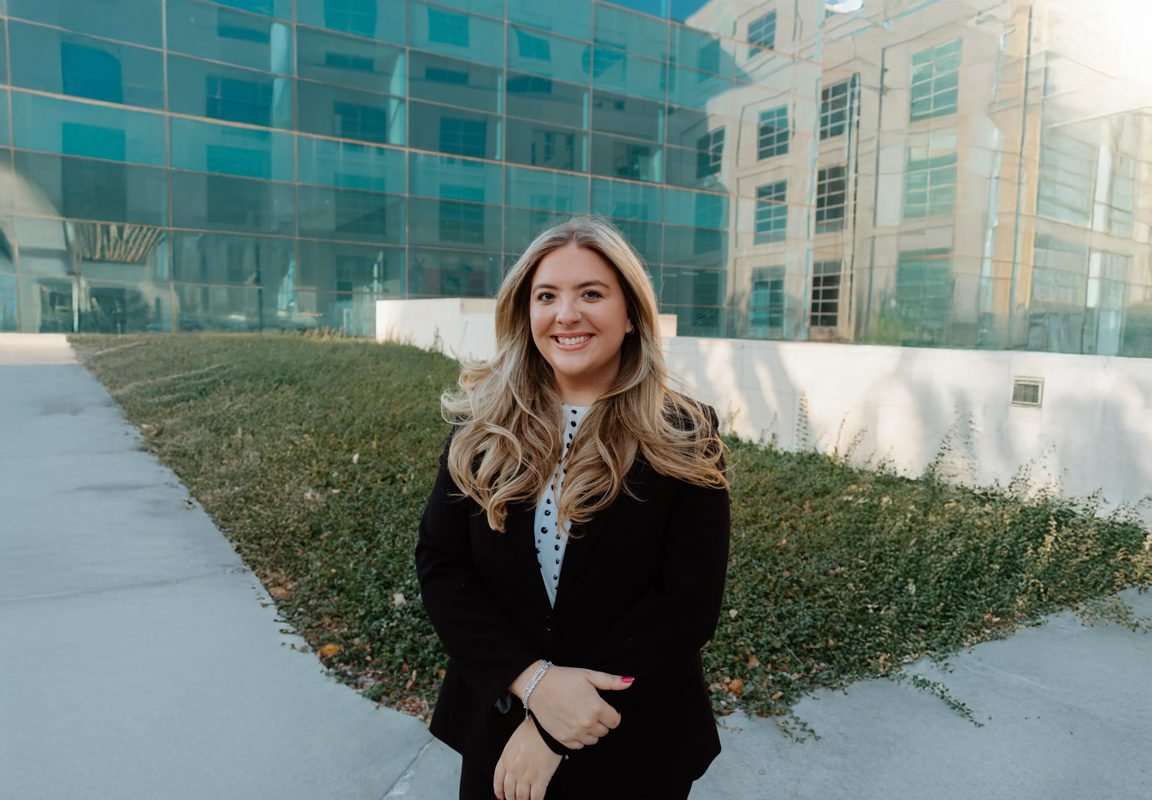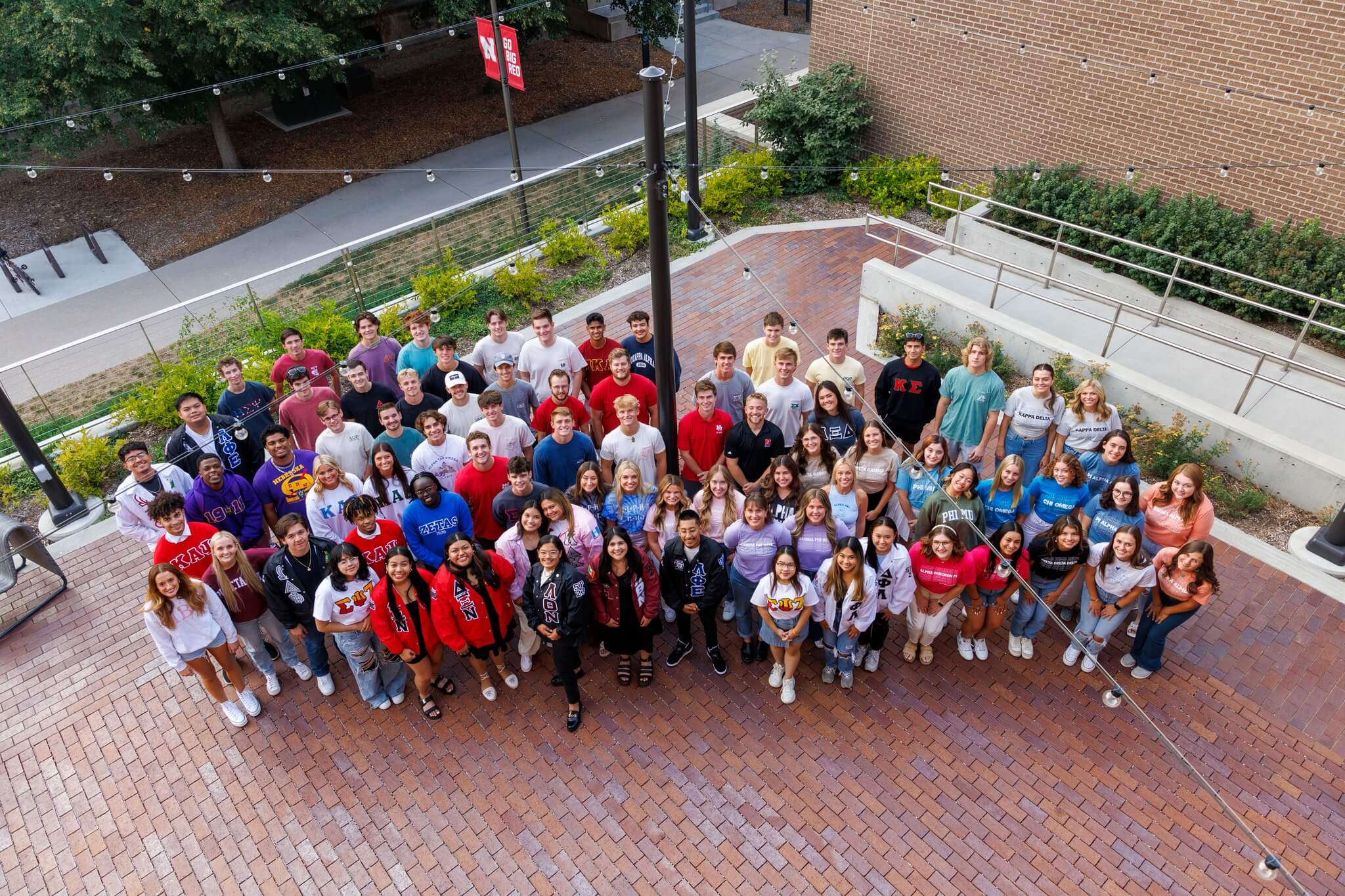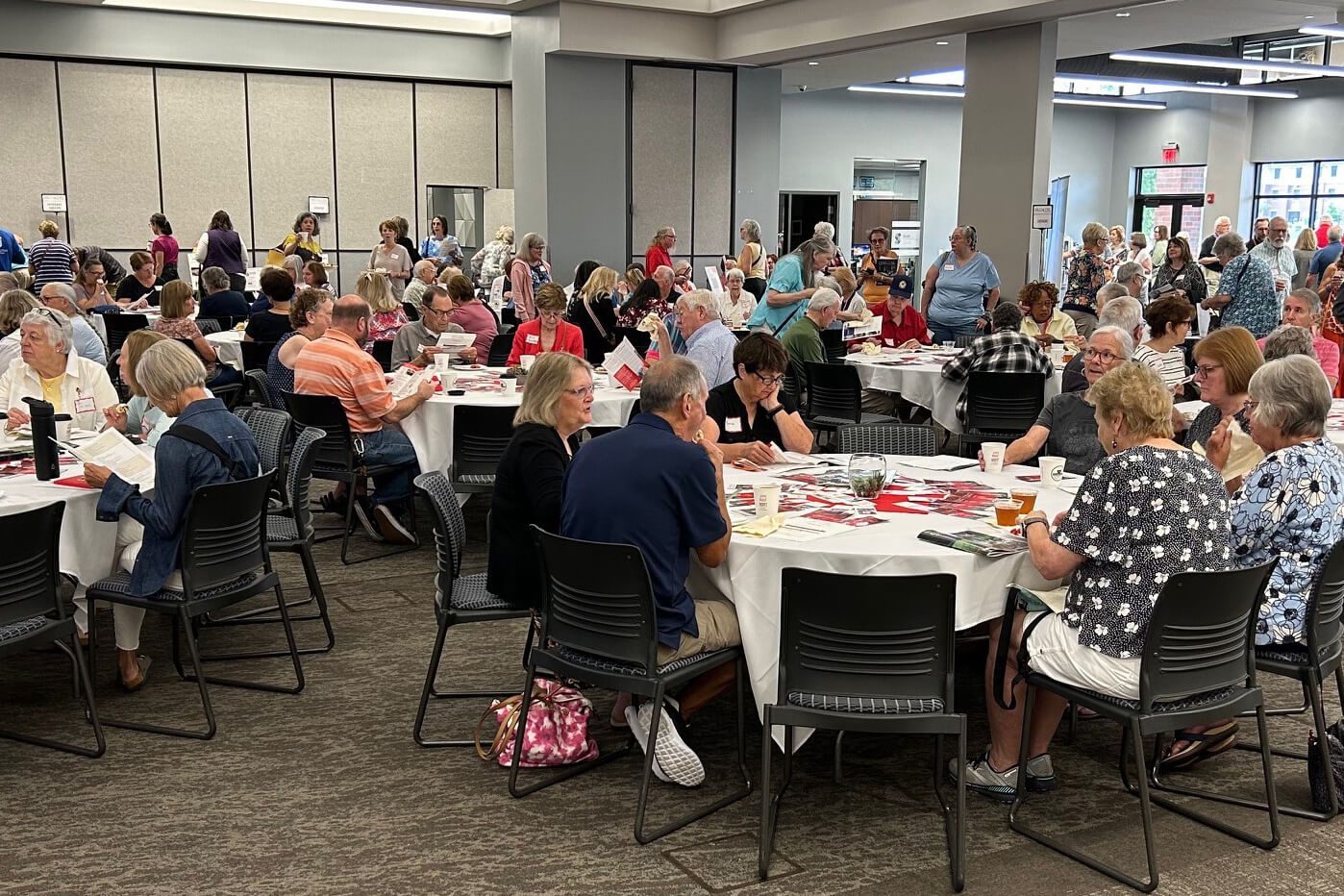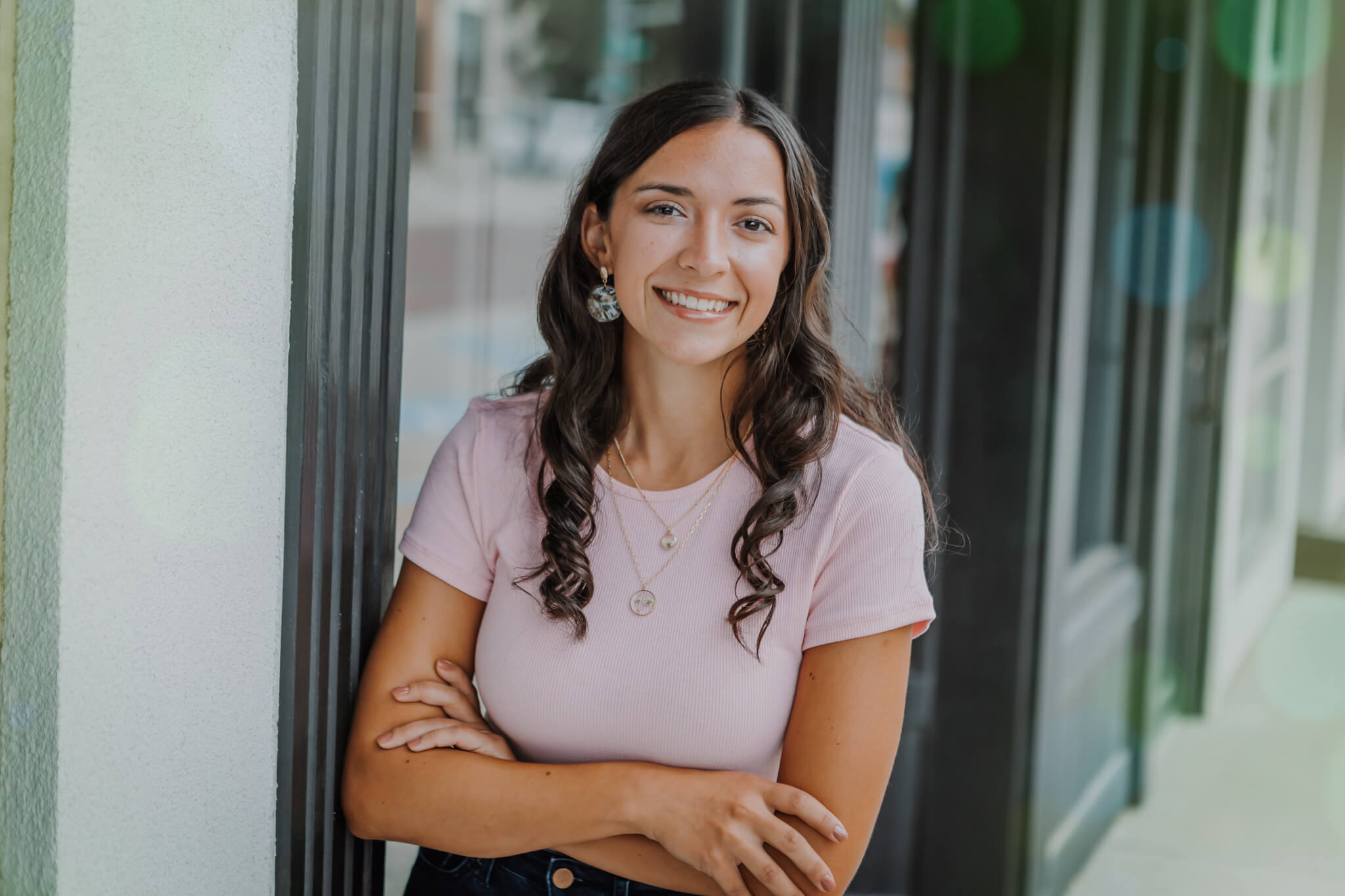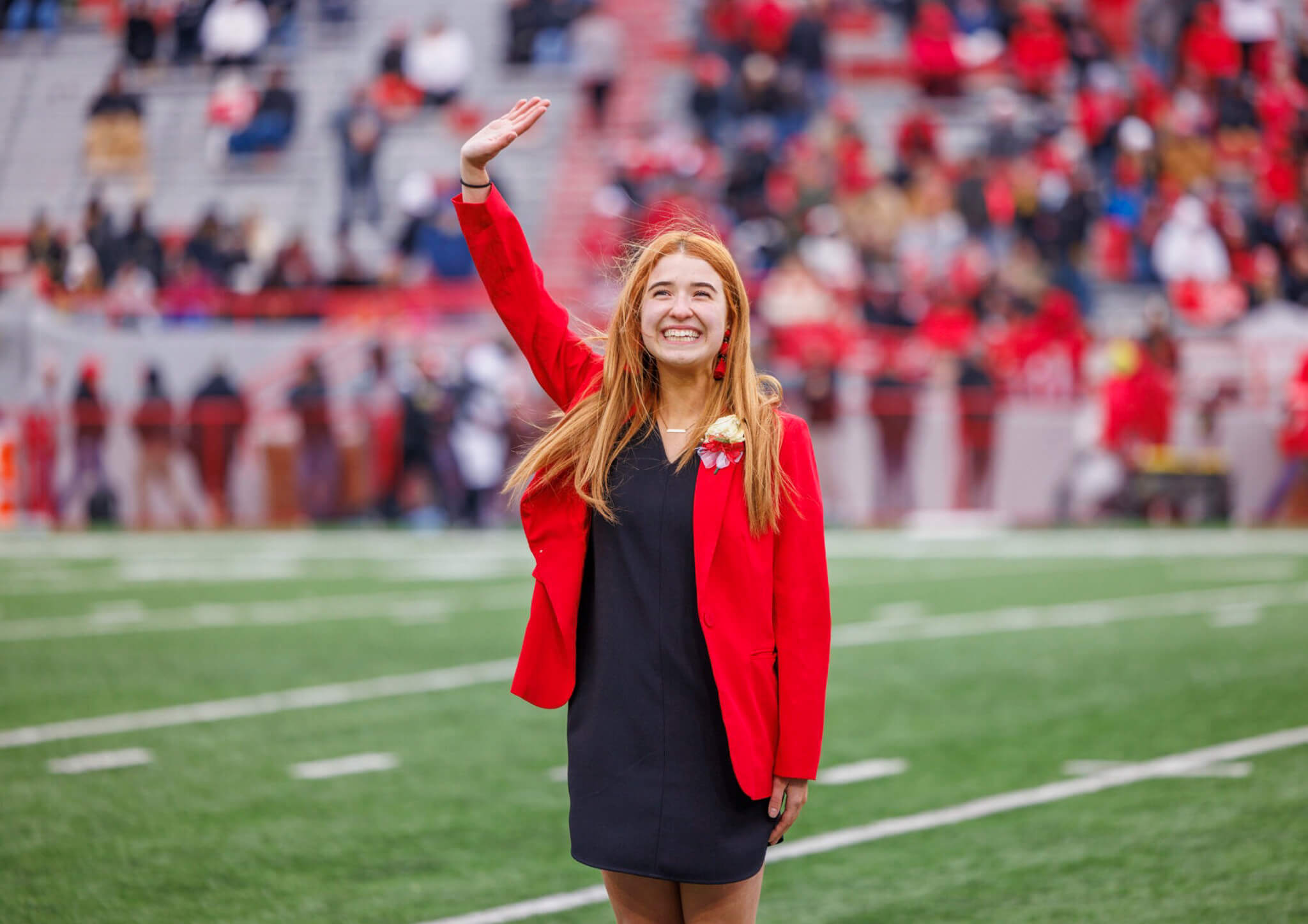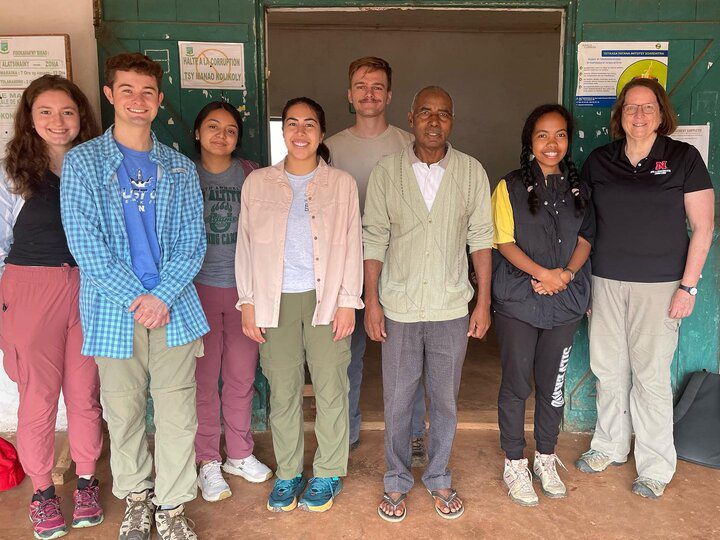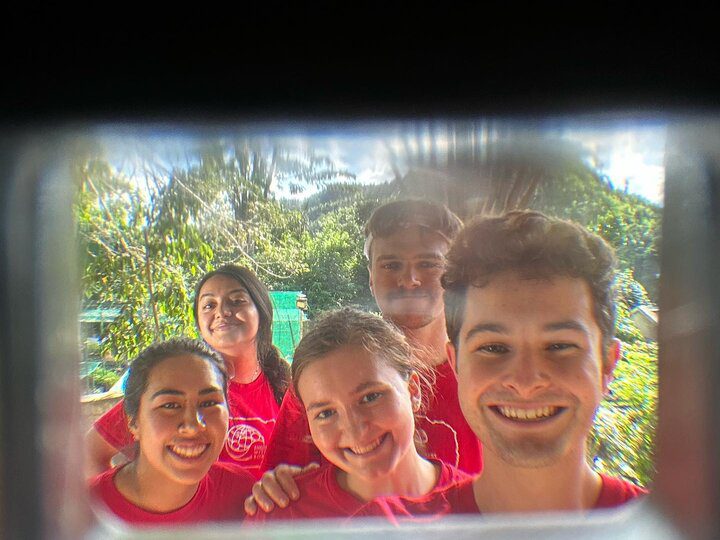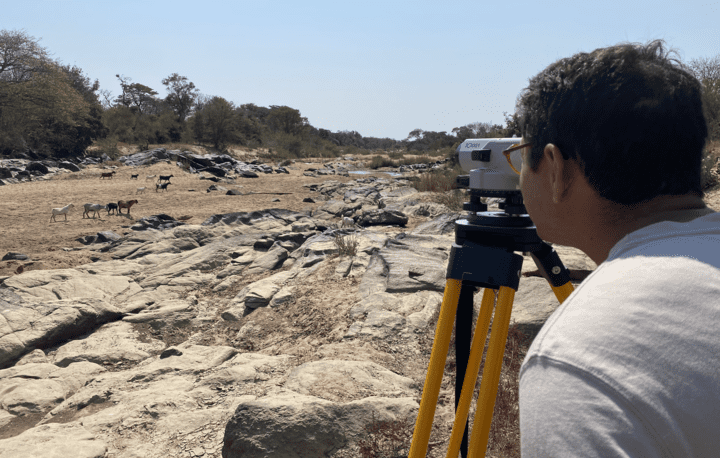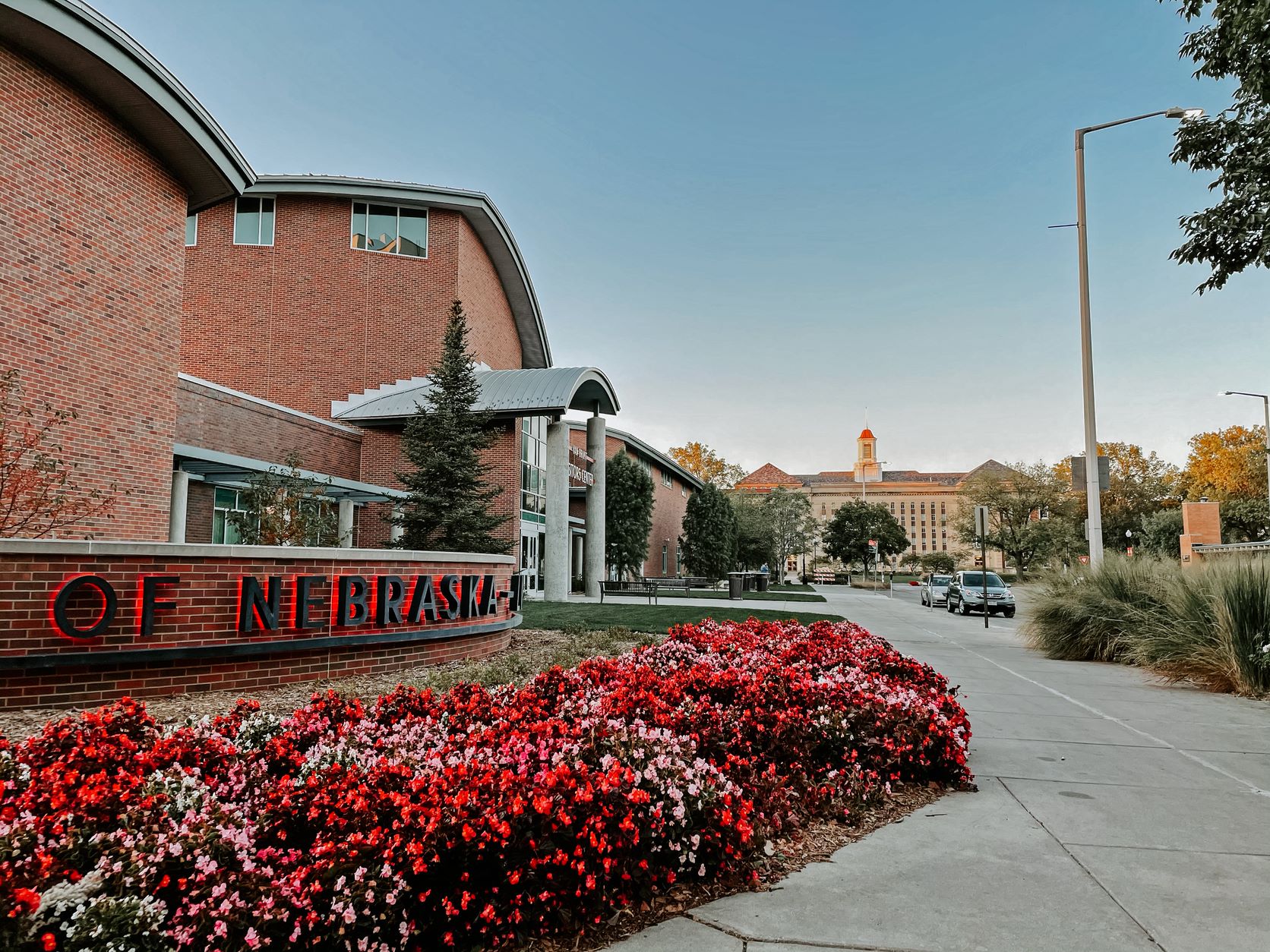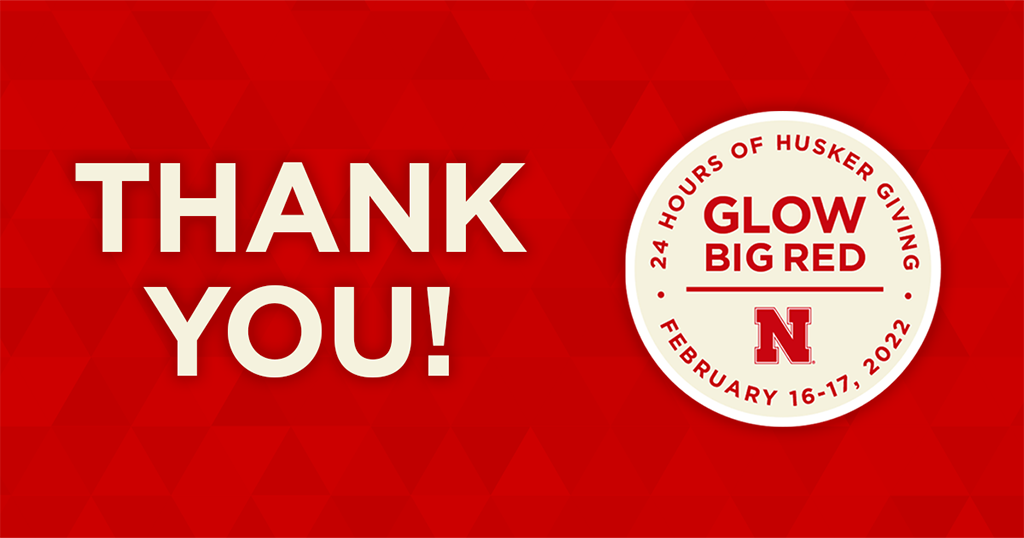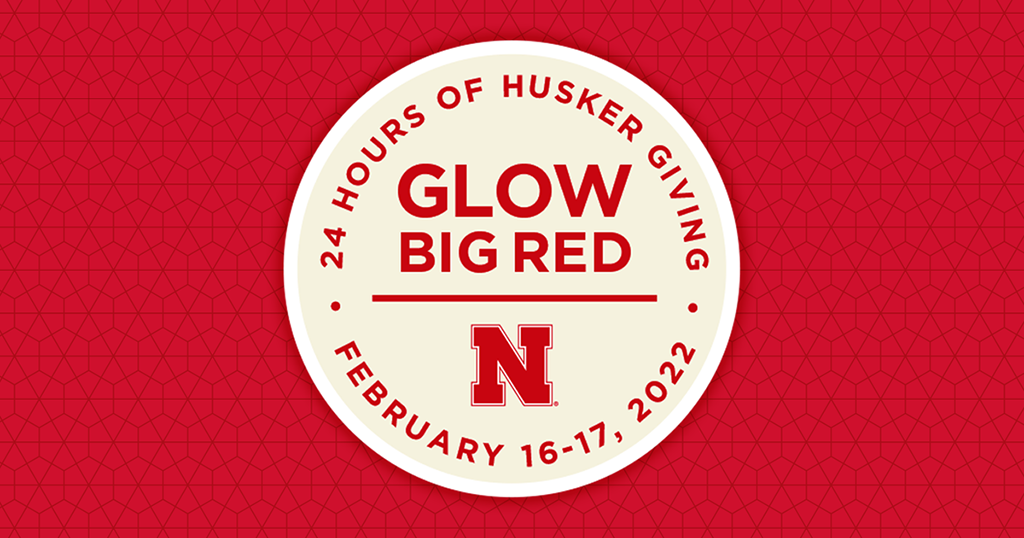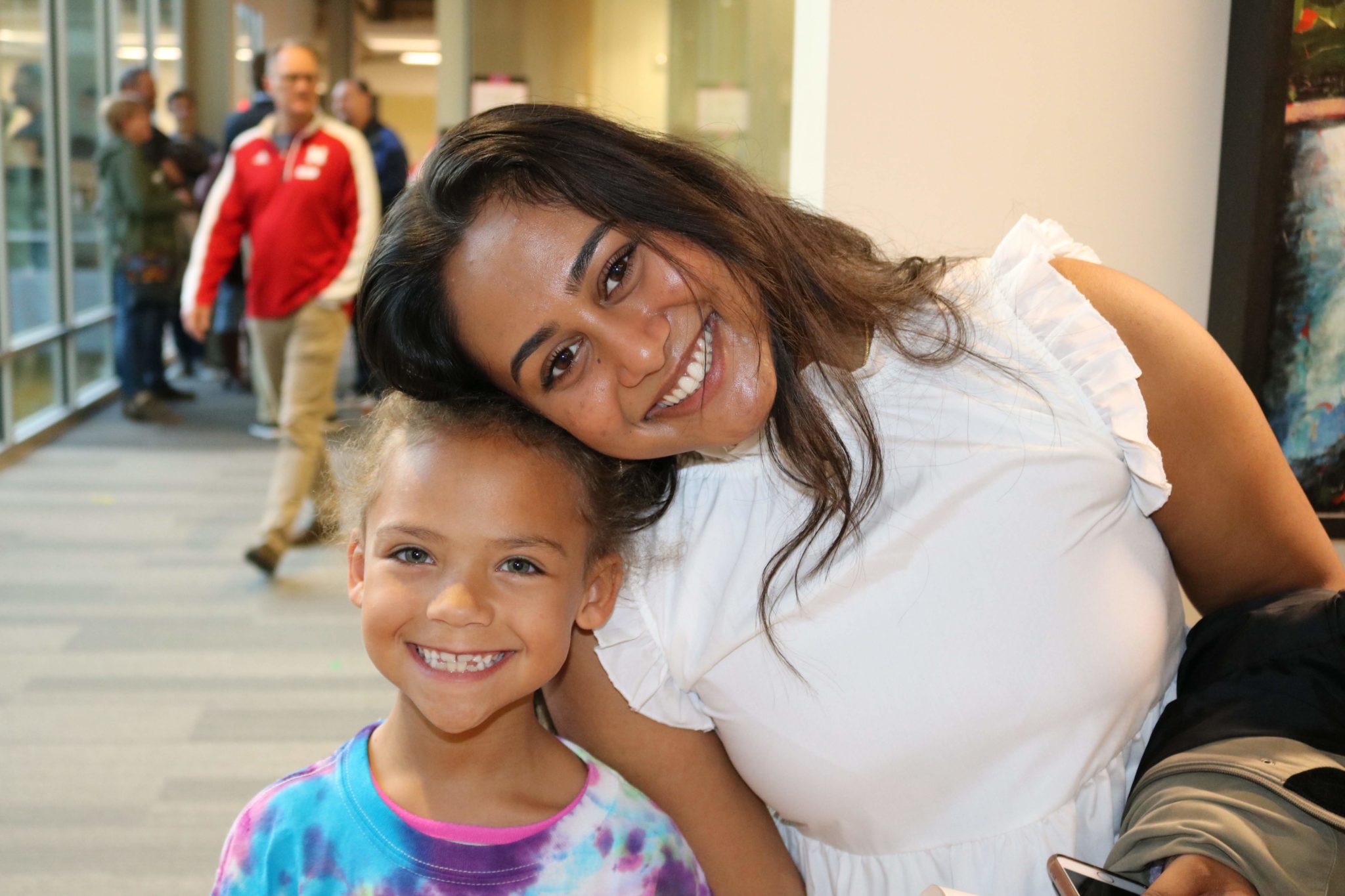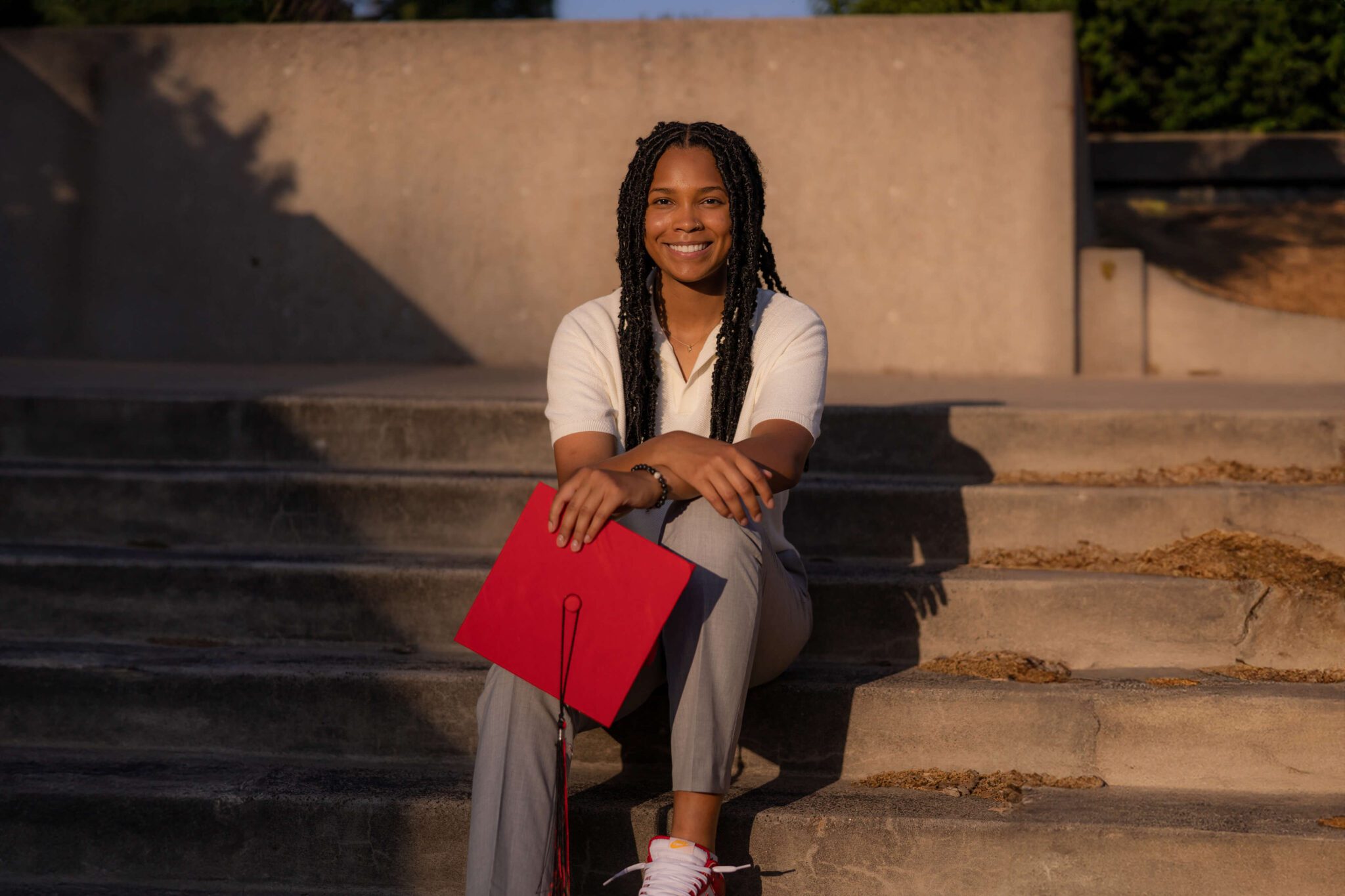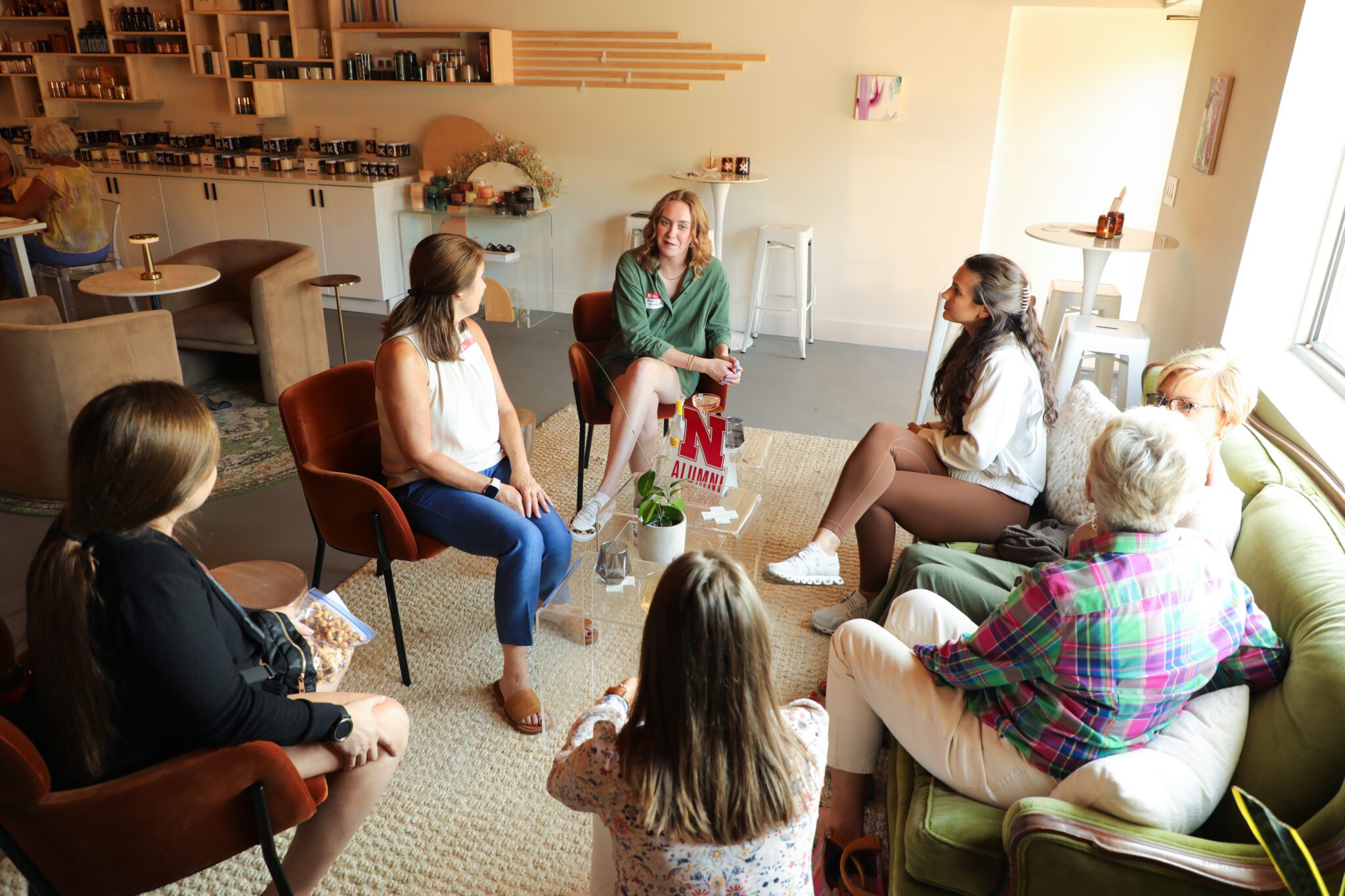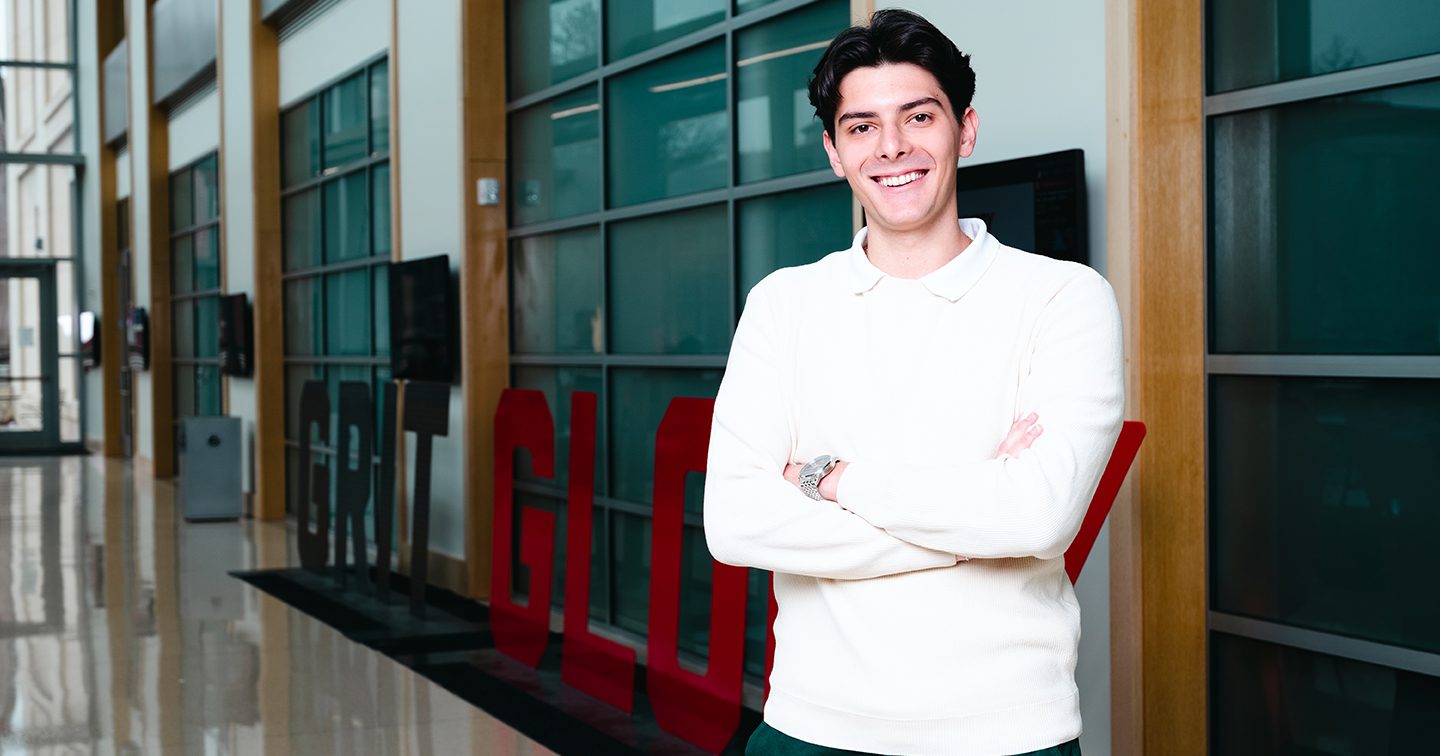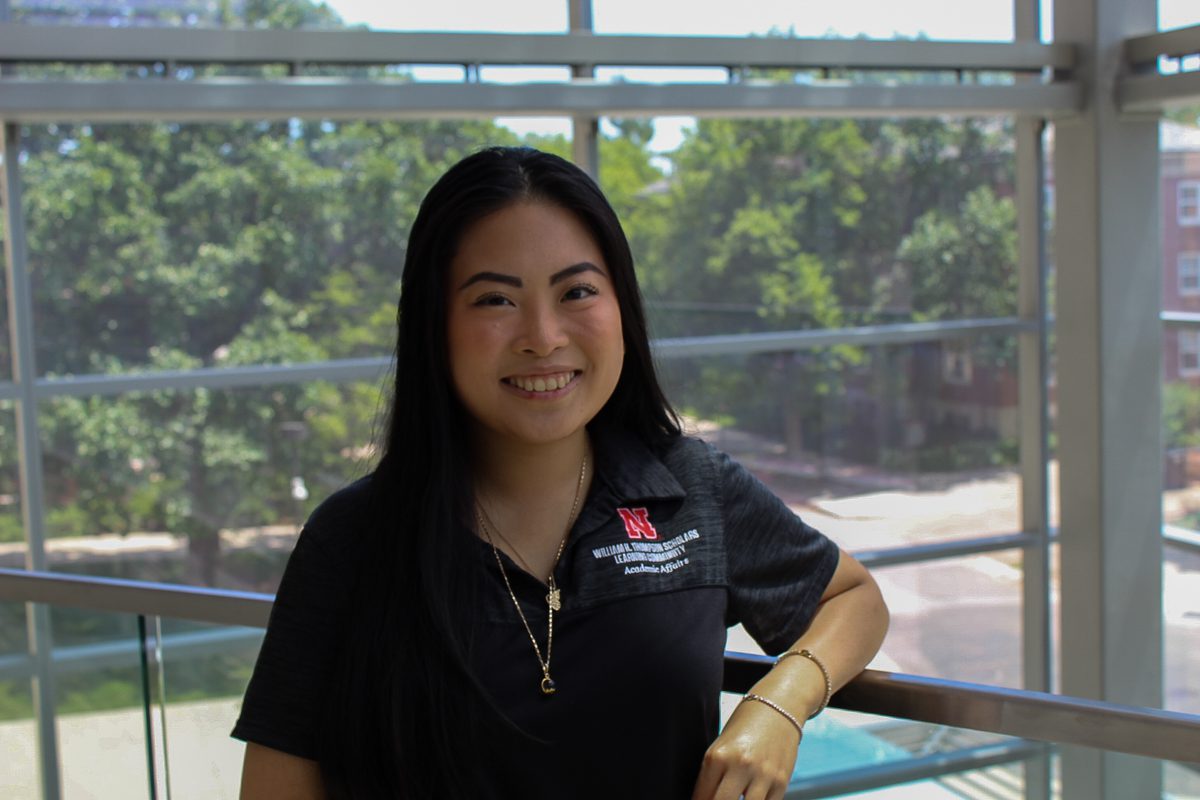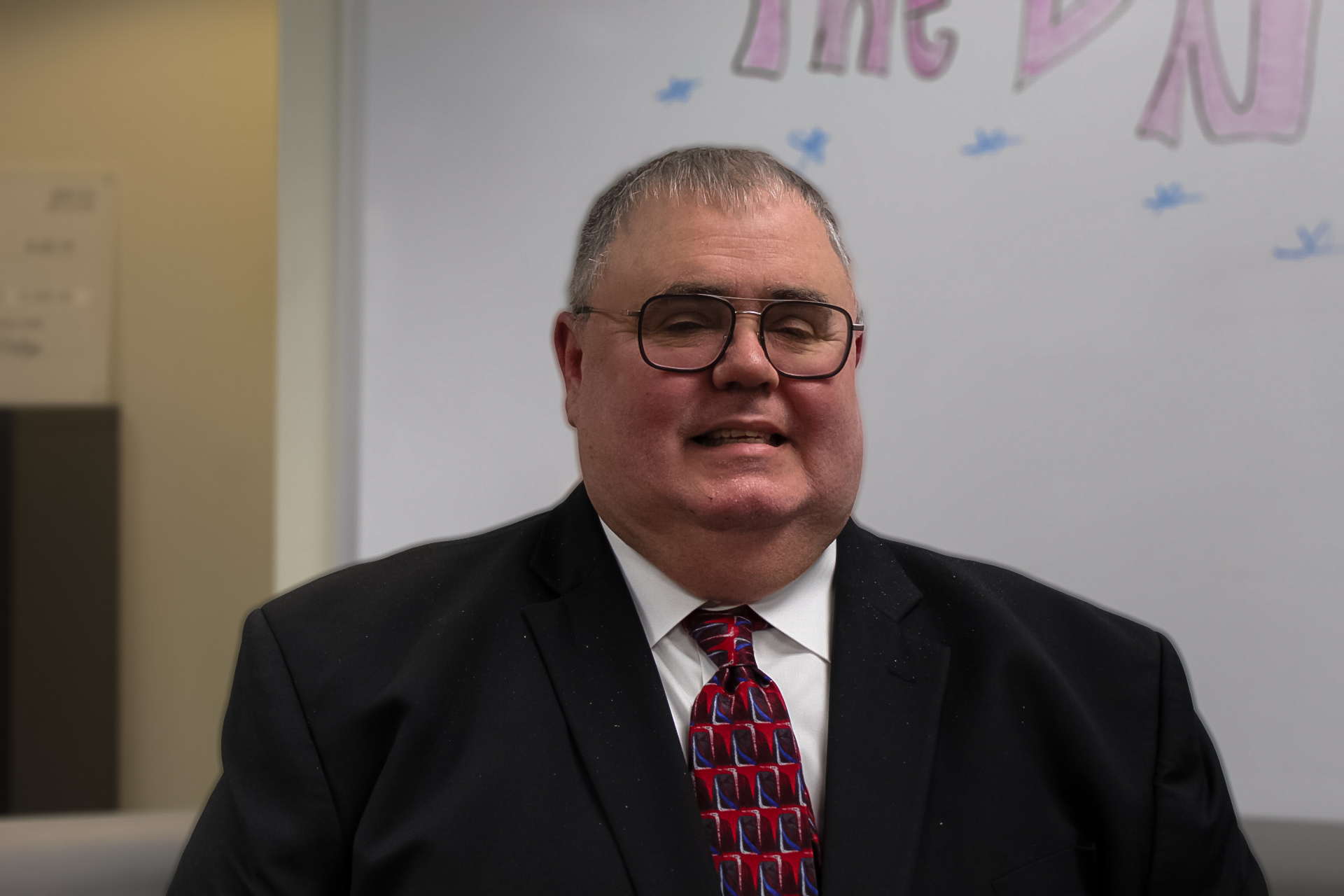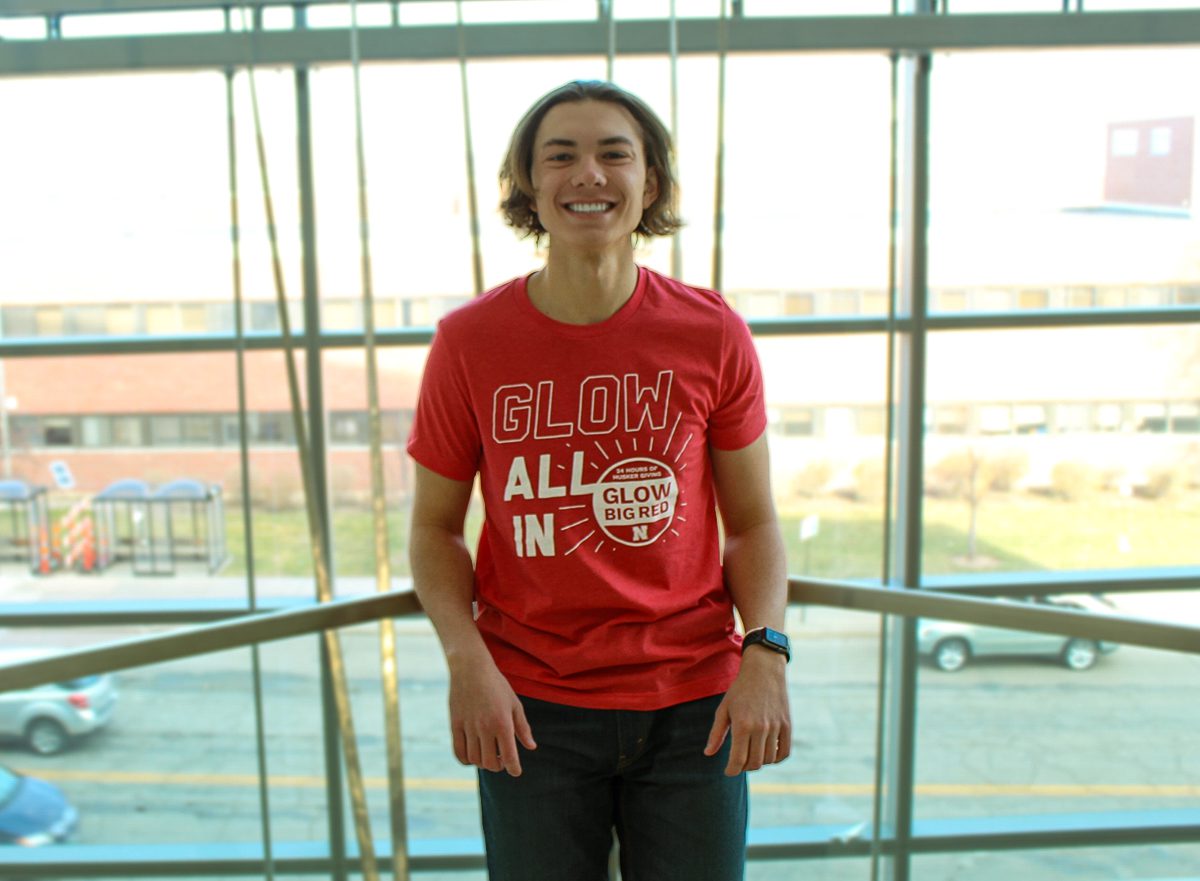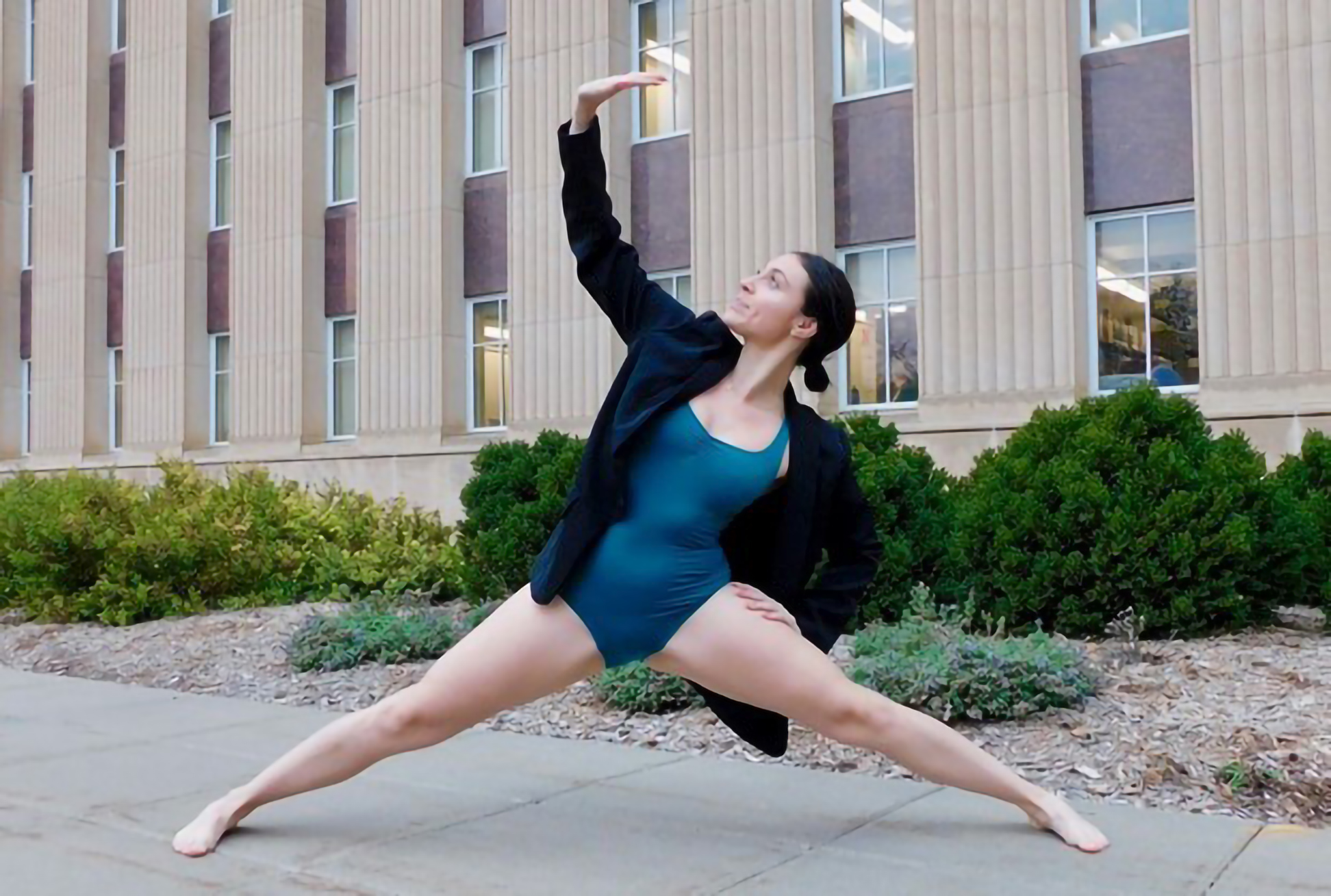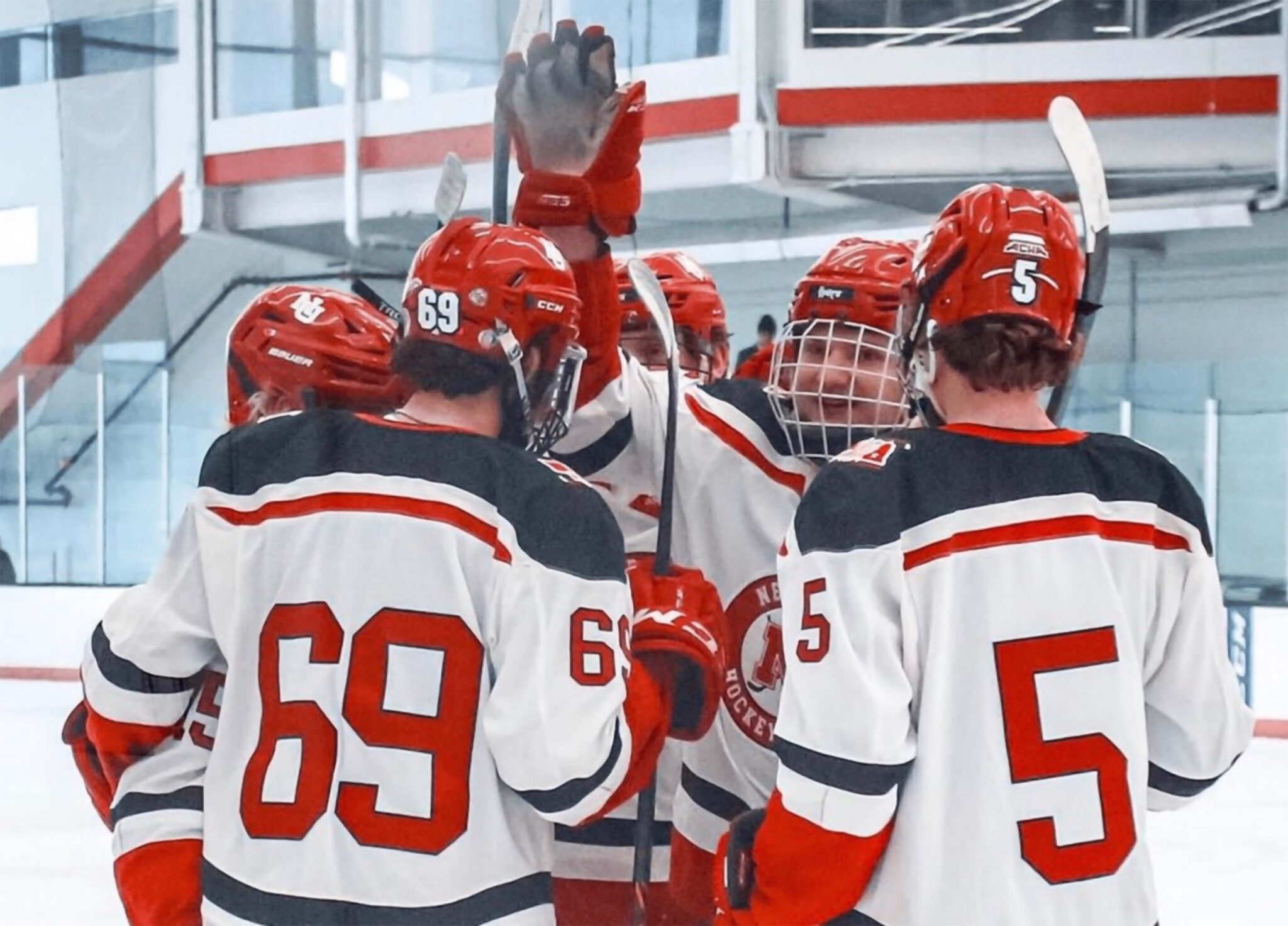- Give Now
- Colleges
- College of Agricultural Sciences & Natural Resources
- College of Architecture
- College of Arts and Sciences
- College of Education and Human Sciences
- College of Engineering
- College of Journalism and Mass Communication
- College of Law
- Hixson-Lied College of Fine and Performing Arts
- Institute of Agriculture and Natural Resources
- Areas
- Stories
- Contact
- Give Now
- Colleges
- College of Agricultural Sciences & Natural Resources
- College of Architecture
- College of Arts and Sciences
- College of Education and Human Sciences
- College of Engineering
- College of Journalism and Mass Communication
- College of Law
- Hixson-Lied College of Fine and Performing Arts
- Institute of Agriculture and Natural Resources
- Areas
- Stories
- Contact
- Give Now
- Colleges
- College of Agricultural Sciences & Natural Resources
- College of Architecture
- College of Arts and Sciences
- College of Education and Human Sciences
- College of Engineering
- College of Journalism and Mass Communication
- College of Law
- Hixson-Lied College of Fine and Performing Arts
- Institute of Agriculture and Natural Resources
- Areas
- Stories
- Contact
- Give Now
- Colleges
- College of Agricultural Sciences & Natural Resources
- College of Architecture
- College of Arts and Sciences
- College of Education and Human Sciences
- College of Engineering
- College of Journalism and Mass Communication
- College of Law
- Hixson-Lied College of Fine and Performing Arts
- Institute of Agriculture and Natural Resources
- Areas
- Stories
- Contact


